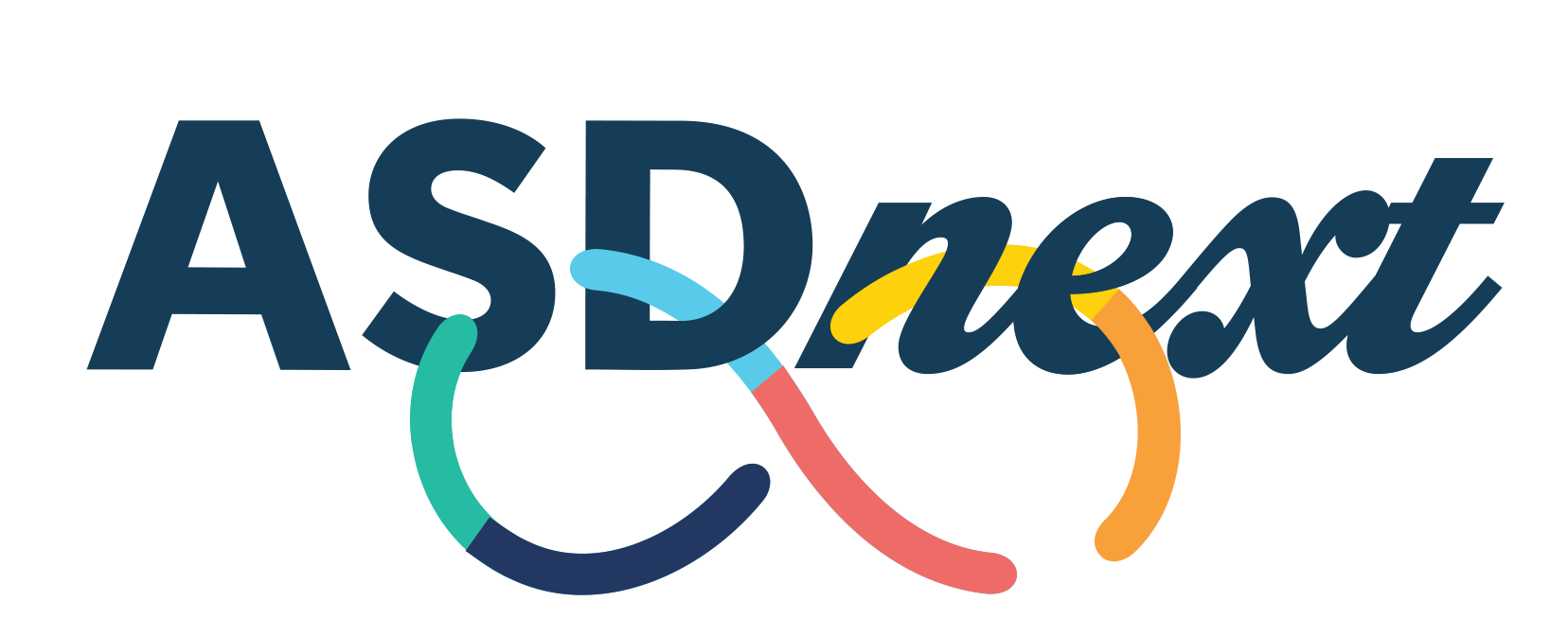Independence
These resources are designed to help young adults with autism navigate the world as independently as possible.
Search within Independence resources
Consciousness
Consciousness refers to a person’s awareness. It could be an awareness of ourselves or the things around us. Consciousness is strongly influenced by the parts of our brains that we use for planning, problem-solving and other complicated tasks.
Read moreCoronavirus (COVID-19) Health and Safety Guide
This resource provides a general overview of the coronavirus, as well as a wide range of resources for individuals, parents/caregivers, and professionals on how to stay healthy and manage the ongoing pandemic.
Read moreCoronavirus Social Story
This resource provides a visual guide for individuals with autism about the coronavirus and how to stay healthy. This resource is also available in Spanish, Russian, Chinese, and Arabic.
Read moreCOVID Booster Shots, Masks and Testing Social Story
This social story developed by ASERT explains how the research and rules around COVID, shots, and masks have and will continue to change.
Read moreCOVID Variants and Breakthrough Cases
These resources provide an overview of what it means when people talk about variants of COVID-19, as well as what breakthrough cases are, why they happen and what you need to know to reduce your risk of getting COVID-19.
Read moreCreating a Daily Schedule: A Guide for Parents
This resource was developed by ASERT to help parents create a daily schedule with their family.
Read moreCrisis Intervention and De-Escalation
In your direct support to adults with Autism, it is possible that you will encounter moments of crisis. A crisis can be triggered by environmental, social and communication stressors, changes in schedules or routines, task anxiety, and other factors. Crisis looks different for every individual, but in each situation, there will be a period of escalation before the crisis and then a de-escalation. Below you’ll find a helpful strategy for navigating how you can recognize and respond to an individual you’re supporting when he or she is escalating, in crisis, or de-escalating.
Read moreCustody Hearing, What to Expect: Social Story
This social story was created by ASERT to explain the process of a custody hearing to individuals with autism.
Read moreCyber Safety Resource Collection
This collection of resources includes general awareness, preventing cyber safety issues, and interventions for individuals who may have been the victim of cyber crimes or who may have committed crimes themselves. This collection will be updated regularly as new resources are developed on this important topic.
Read moreCyberbullying
This resource, developed by ASERT for ASDNext, provides information about cyberbullying as well as tips on what to do if you have experienced cyberbullying. Please click on the link below to access this helpful resource.
Read moreDecision Making for the COVID-19 Vaccine
This resource, developed by ASERT in collaboration with Dr. Venkat from Allegheny Health Network and Dr. Migyanka from Indiana University of Pennsylvania provides answers to some of the most frequently asked questions about the COVID-19 vaccine to help individuals make informed decisions.
Read moreDefining Trauma
Around the world, about 7 out of every 10 people go through a traumatic experience during their life. Going through trauma in the past increases your chances of having more trauma in the future.
Read moreDental Health Resource Collection
These resources were developed for parents and caregivers to help children with autism prepare for dental visits. Content covers learning to tolerate tooth brushing, establishing dental hygiene routines, and getting ready for dental visits. There are also social stories for getting teeth cleaned, getting x-rays, and getting a cavity filled.
Read moreDental Hygiene Social Stories
This resource contains two social stories describing how to keep your mouth clean and how to brush your teeth.
Read moreDental Surgery and Sedation Social Stories
This resources provides information about what to expect if you are getting dental surgery and how sedation works.
Read more
